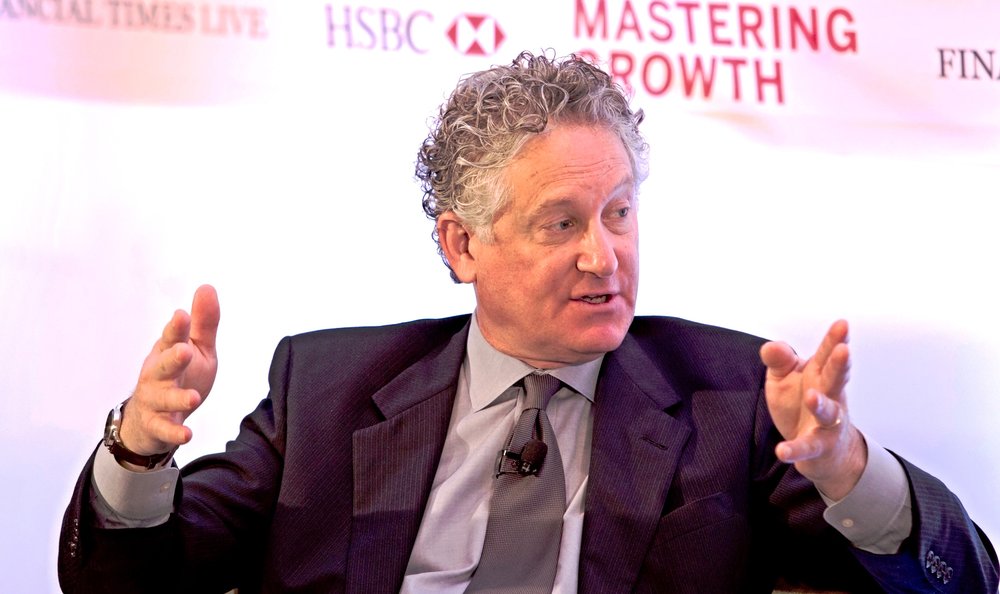
Mike Pence on Leadership and the Future of the Republican Party
Former US Vice President Mike Pence looks back on the events of January 6 2021, his final days in office with President Trump and his…
Thought Leader: Mike Pence

By Harry G. Broadman (original source Forbes)
“Throughout much of the past century the U.S. was a forceful, if not incessant voice in global fora of the belief that the more liberalized a country’s regulatory regime towards foreign investment, the stronger the prospects for economic growth, job creation and productivity. Washington largely walked the talk: U.S. policy towards inbound cross-border capital flows was the world’s beacon for market openness. However, judging by some very high-profile policy decisions taken by the Trump Administration over the past two years by the Committee on Foreign Investment in the U.S. (CFIUS)–the interagency entity that assesses the national security implications of investments by foreigners in U.S. businesses–and a newly enacted law that significantly transforms the authority of CFIUS, it would seem that era is all but over.
CFIUS’ policy stance is undergoing two seemingly sudden and radical shifts. One is a reversal towards greater restrictions as to which sectors and limitations on how much foreign investment are permitted—frankly, a change that, in certain circumstances, could well prove not to be the wisest course of action for the livelihood of U.S. businesses and workers. The other is to inject far more transparency into the rules and procedures governing U.S. inbound foreign investment. Regardless of what one might think of the substance of the new restrictions, bringing about more clarity of the governing process, a long-standing thorn in the side of investors (on both the foreign and domestic sides of a transaction), is a change with which it would be hard to quibble.”
Click here to read more
Mike Pence on Leadership and the Future of the Republican Party
Former US Vice President Mike Pence looks back on the events of January 6 2021, his final days in office with President Trump and his…
Thought Leader: Mike Pence
Marc Short on U.S. Investment in Critical Minerals
Why do critical minerals matter now? Marc Short explains how U.S. investment in critical minerals fits into a broader strategy around economic security, manufacturing, and…
Thought Leader: Marc Short
Marc Short on AI Policy and the Government’s Role in Chip Technology Investment
On CNBC, Marc Short breaks down the role of AI policy and how government investment is shaping the future of chip technology. A former Chief…
Thought Leader: Marc Short

